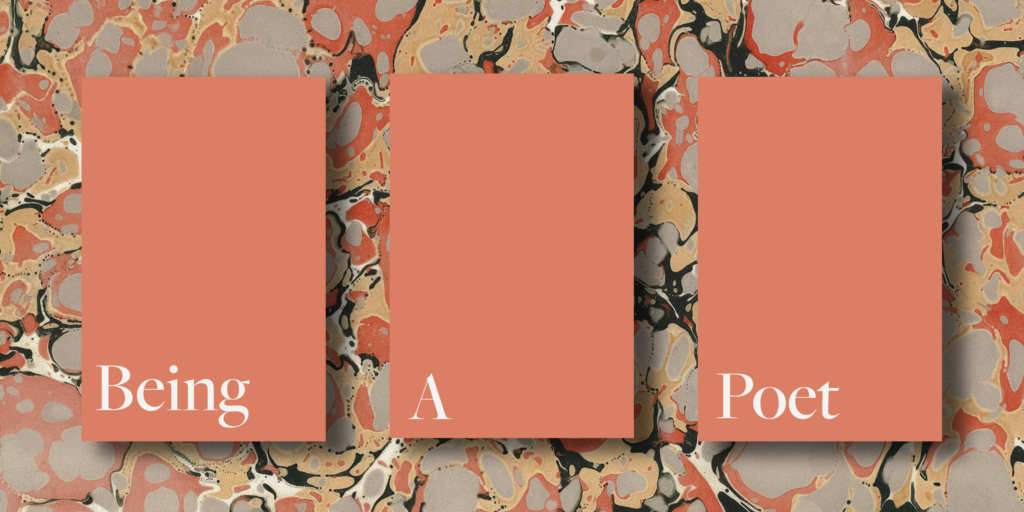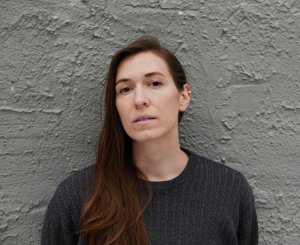In this series, we interview our tutors about poetry and its place in their world. These interviews will cover creative writing tips, excelling in a poetry workshop, building a literary career, and finding your poetic voice. Here’s Ellene Glenn Moore on writing about delight, joy and happiness.

Why is there so much poetry about misery and suffering?
Well, suffering is part of life, of course, and despite the fact that we are all guaranteed to experience it, no exceptions granted, it’s often accompanied by isolation and voicelessness. Poetry – and all written art, but perhaps poetry in particular for its affinity for precision and immediacy – gives us a direct line to human experience. It makes that experience recognisable to the writer and to the reader. This is of course true of good experiences as well as bad, but in times of disenfranchisement poetry can be an especially powerful tool because it helps us sublimate that experience of suffering into communication instead of silence, and where there is communication there can also be community. When we feel at our most powerless, there is huge power available to us in that creative act.
What makes joy difficult to write about in a compelling way?
I’m not sure it is inherently difficult to write about joy in a compelling way. Certainly not more so than any other abstraction. The usual tools of poetry still apply: specificity, rhythm, hierarchy, form, etc. But I think we can often have a difficult relationship with our own experience of joy – perhaps difficulty believing in it or a sense of embarrassment when it is witnessed – and a corresponding fear that it is not worthy of notice. Fear is not usually a friend to our best writing.
Are there particular writers or poets who capture happiness and delight well? How can humour and playfulness enhance writing about happiness?
Yes, and often the same ones who also write all that poetry about misery and suffering—and sometimes in the same poems! I think it really comes down to the practice of observation: incisiveness and playfulness and precision and agony, it seems to me, are always circling around the human desire to notice and to name. Consider Kobayashi Issa, whose most famous haiku captures the despair of a father losing his young daughter, also observing, ‘Pissing in the snow / outside my door— / it makes a very straight hole’ (trans. Robert Hass); or Sylvia Plath, whose personal tragedies we have mythologized to such a degree that we risk letting it overshadow her actual craft, writing, ‘Your small / Brother is making / His balloon squeak like a cat.’ And Ross Gay, and Beth Ann Fennelly, and Denise Duhamel, and and and! These are writers who delight in engaging with their own observations, and so can engage with delight itself without flattening it, without disregarding that joy and pain come from the same well of experience.
Where can writers learn how to write about delight and other good things?
If you’re interested in exploring the many ways poets can capture delight in their work, I hope you’ll check out my Studio course this summer ‘The Poetics of Delight: Writing the Pleasure of Observation, Commentary, and Awe.’ Over our four weeks together we’ll look at the work of some of the writers I mentioned above, focusing especially on the craft of delighted observation: the joyful intimacy required when taking note of the oddities, small beauties, and particular details of the world around us. You might be surprised to learn that you’ve been incorporating delight into your work all along!

Ellene Glenn Moore is an American writer living in Zürich. She is the author of How Blood Works (Kent State University Press, 2021), selected by Richard Blanco for the Stan and Tom Wick Poetry Prize, and Passage (Orison Press, 2025), winner of the Orison Chapbook Prize for Nonfiction. Ellene holds a PhD in Creative Writing from Bath Spa University, an MFA in Poetry from Florida International University, and a BA in Creative Writing from Carnegie Mellon University. She has been the recipient of a John S. and James L. Knight Foundation Fellowship in Poetry, a scholarship to the New York State Summer Writers Institute, and a residency at The Studios of Key West. Ellene’s poetry, lyric non-fiction, and critical work has appeared in West Branch, Hayden’s Ferry Review, Best New Poets, Poetry Northwest, Brevity, and elsewhere.
Ellene is running her online studio course, The Poetics of Delight, with us this Summer, starting 9 June. This course is currently sold out, so if you would like to be added to the waiting list please email [email protected].
I am gutted that I found too late about this course.
I would be delighted if you repeat it next term.
Maryam Seyf